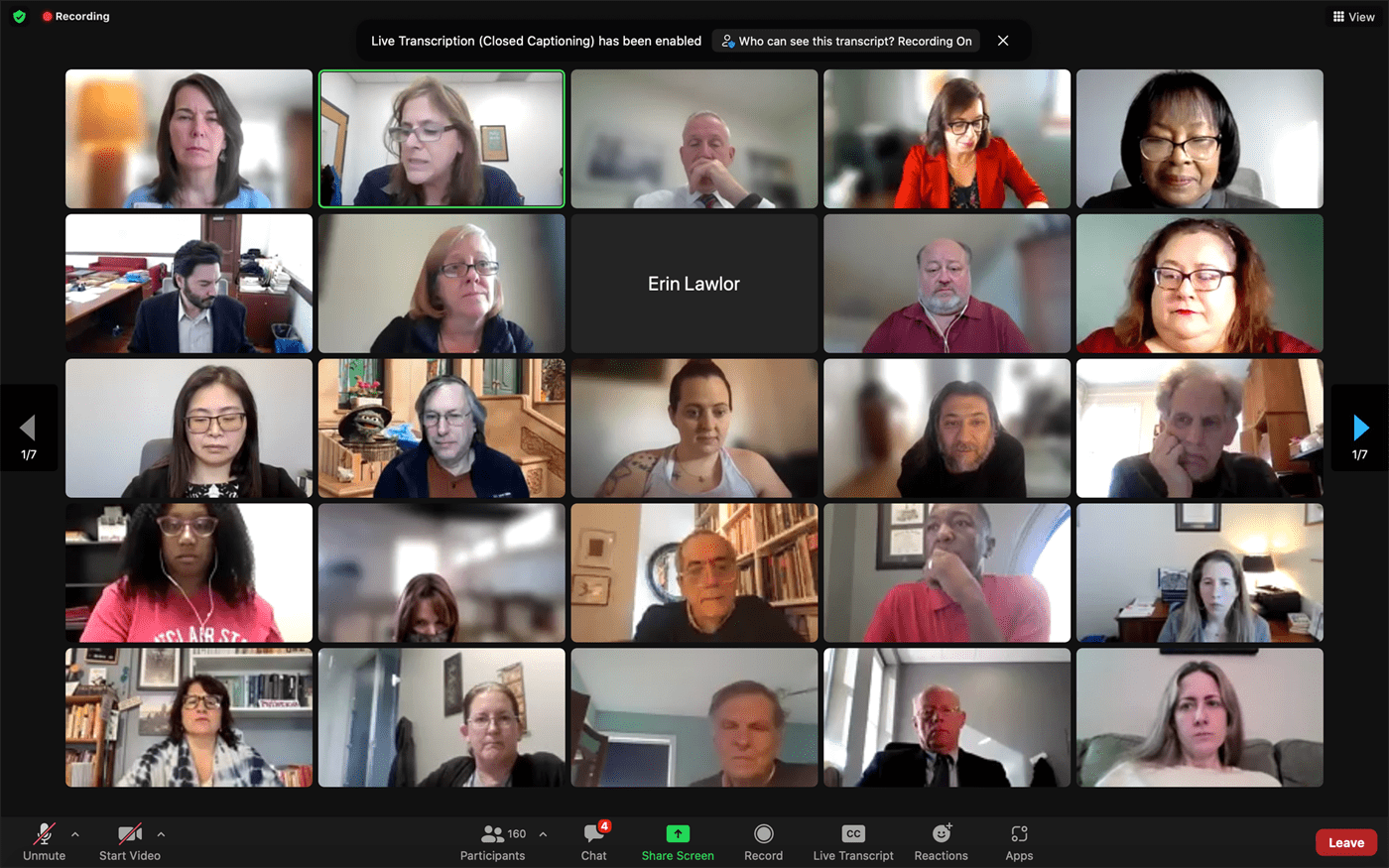Coming into the spring semester, faculty and staff are preparing as much as they can to make Montclair State University the best and safest learning environment possible for students.
On the morning of Jan. 14, faculty met to discuss any sent-in questions or concerns about the upcoming semester and what the plans are to stay safe from the coronavirus (COVID-19) omicron variant that is running rampant through New Jersey.
Montclair State President Jonathan Koppell addressed the decision to begin the semester in person.
“Being a leader is listening to advice,” Koppell said. “We are not making decisions based on what other institutes in New Jersey are going to do. We are going off of our response to COVID-19. We have a heavily vaccinated campus and our response is strong.”
Many of the faculty members were confused as to why the booster mandate was pushed as far back as March. Dr. Dawn Soufleris, the vice president for student development and campus life, explained that this was for students who got the vaccine late.
She added that the campus wants to ensure that everyone has enough time to be eligible to get the booster and that students who can get it before March are highly encouraged to.
Shawn Connolly, the vice president for university facilities, helped ease many of the faculty members’ nerves about airflow.
“Maximizing ventilation in buildings with airflow is a big priority,” Connolly said. “Classrooms will be stocked with supplies they need to combat the virus, and places like dance and exercise science will have more airflow than normal.”
Along with more airflow, tents will be put up outside again starting April 1 for classes that prefer to do outdoor learning.
A huge concern for most of the staff was the mental health of students. Soufleris addressed these concerns during the meeting.
“Peer interactions are so important for students’ mental health,” Soufleris said. “We need to keep that in mind for them to be successful.”
Dean of students Margaree Coleman-Carter also told faculty that there is now a 24-hour service through Counseling and Psychological Services (CAPS) if students need it along with virtual and in-person counseling services.



